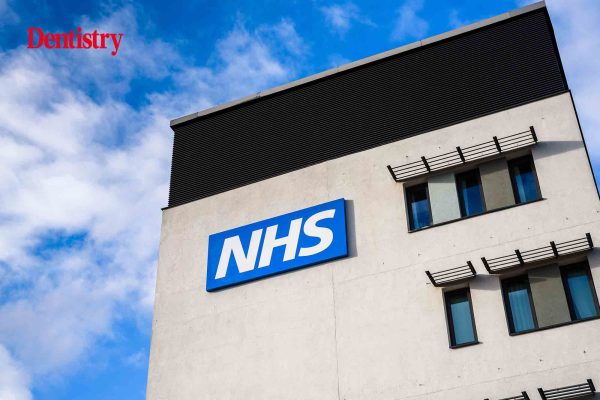This morning, the NHS announced the first significant change to its dental contract in 16 years since its introduction, including a minimum UDA value.
The NHS announced the outcome of the 2022/23 Dental Contract Negotiations.
The changes to the contract come after the government asked NHS England to lead on the next stage of dental system reform back in March 2021. This was followed by 12 months of talks with frontline dental teams, the public, patients and other stakeholders.
The changes to the dental contract include:
- Introducing enhanced UDAs to support higher needs patients, recognising the range of different treatment options currently remunerated under Band 2
- Producing supportive material for patients, the public and dental teams around NICE recall intervals and introducing an extra field on the FP17 form to help peer review and monitoring of adherence to personalised recall intervals
- Establishing a new minimum indicative UDA value
- Addressing misunderstandings around use of skill mix in NHS dental care, whilst removing some of the administrative barriers preventing dental care professionals from operating within their full scope of practice
- Taking steps to maximise access from existing NHS resources, including through funding practices to deliver more activity in a year, where affordable
- Improving information for patients by requiring more regular updating of the Directory of Services.
Improved access
The NHS believes that these changes will result in improved access to dental care for patients across the country.
The dental contract changes will see NHS dentists paid more for complex cases.
In addition, dental therapists will be able to accept patients for NHS treatment, including fillings, sealants and preventative care.
Since Covid-19, many practices have been operating at full capacity with patients waiting months for an appointment.
Following the impact of the pandemic, the NHS hopes the contract changes will increase the availability of dentists, allowing dental services to recover.
Dentistry’s top stories
- Love Island’s Jack Fincham on his ‘Turkey teeth’
- Dentists call for swift action on sugar-filled baby pouches
- Face masks reintroduced in some healthcare settings amidst rising Covid-19 cases
- A swarm of shapeshifting robots can floss, rinse and brush teeth
- Dental tourism: nine in 10 dentists have treated patients who travelled abroad for treatment
‘A real difference’
Sara Hurley, chief dental officer for England, stated: ‘The changes announced today address many of the challenges voiced by frontline dental teams and will make a real difference to patients.
‘With a shift in the emphasis of financial reward and a re-orientation of clinical activity to those patients that need it most we are focused on improving access to NHS dental care and our support for our valued dental teams’.
Sara continued: ‘This is the start of a process to address the challenges that the dental system faces. But it does not end it.
‘We will move quickly to a next phase of engagement with front-line dental teams, patients, the public and sector representatives to build on these changes and undertake further reform.
Health and social care secretary, Steve Barclay, said of the dental contract changes: ‘Improving patient access to NHS dental care is a priority and these changes are an important step, while also rewarding dentists more fairly for providing more complex care, allowing the best performing practices to see more patients and making better use of the range of professionals working in the sector such as nurses, hygienists, and dental therapists.
‘The NHS commits around £3 billion to dentistry each year and we provided unprecedented support, including £1.7 billion, during the pandemic to protect teams and patients by paying dental practices for the work they would normally have carried out if it were not for Covid regulations.’
‘Rotten foundations’
However, the British Dental Association (BDA) believes the plans announced today will do little to arrest the exodus of dentists from the service, or address the crisis in patient access.
This comes after over 44 million NHS dental appointments were lost – more than a year’s worth of care in pre-Covid times – and thousands of dentists have left the NHS since the pandemic.
Shawn Charlwood is chair of the BDA’s general dental practice committee. He has said: ‘These are modest, marginal changes that will not fix the rotten foundations this service is built on.
‘Our patients need ministers to do more than paper over the cracks. These tweaks will do precious little to keep dentists in the NHS or ensure millions get the care they urgently need.
‘The simple fact is not a penny of new investment has been pledged, and government targets will still come before patient care.
‘Today is little more than a small step on the road to real reform. If government considers this a final destination then it will mean the death of NHS dentistry in England.’
The NHS is hosting a webinar on Wednesday 27 July at 6pm to talk about the changes in more detail. You will need to register to join this webinar here.
Follow Dentistry.co.uk on Instagram to keep up with all the latest dental news and trends.


